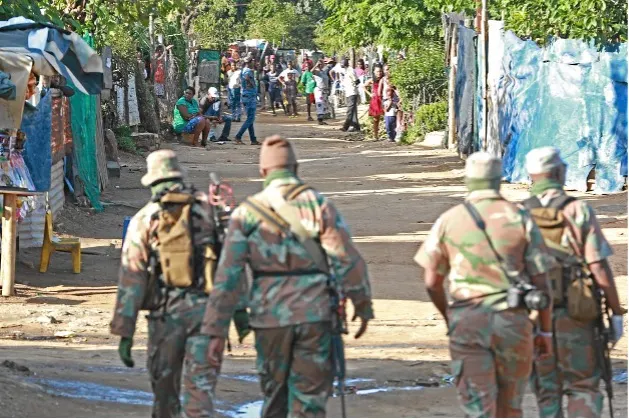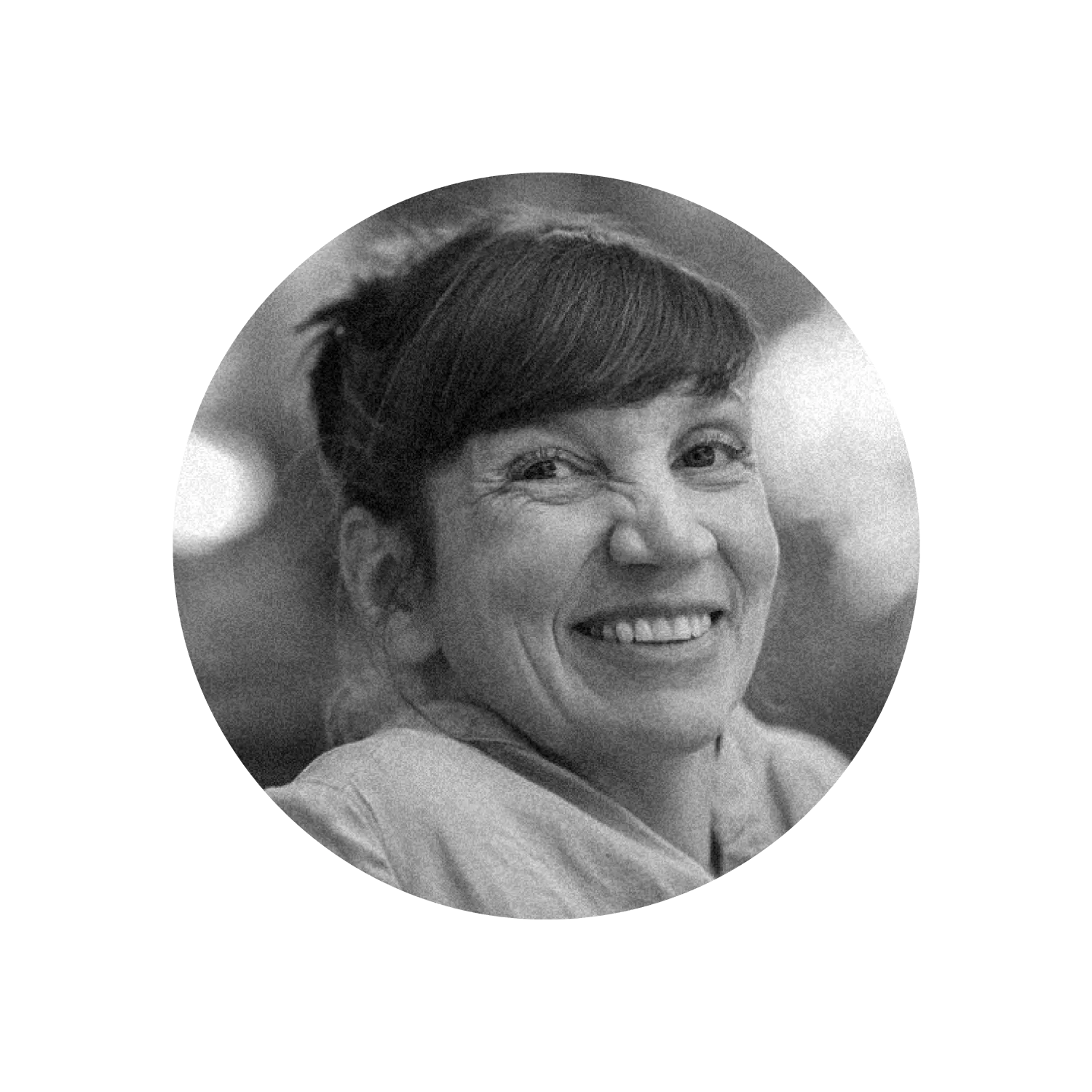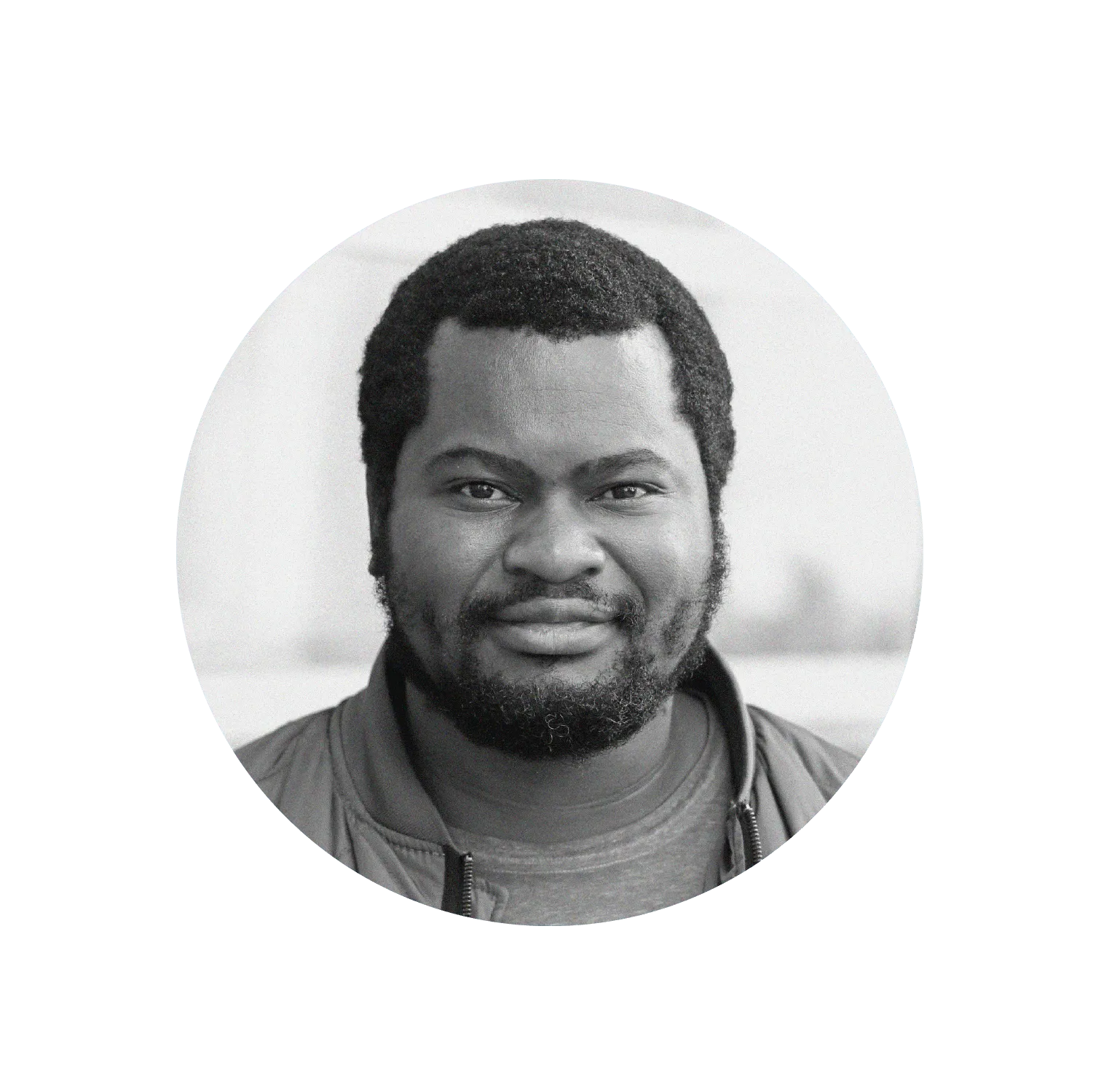The Fear of the Police, the Fear of the Virus, and the Fear of the Spiritual Insecurity.
South Africa introduced one of the strongest lockdowns seen globally at the time, including a 24-hour curfew and bans on sales of alcohol and tobacco.
Designed to give the national healthcare system a breathing space to prepare for what might come, this lockdown had devastating social effects. These applied especially to the poor, whose infrastructures of survival were already very precarious. Nonetheless, most adhered to the regulations and submitted themselves to official demands, even if it meant their own economic annihilation. How was this possible?
This study explores the role of emotions in limiting people’s mobility. It will focus especially on the emotion of fear.
In South Africa, intense patrolling by security forces, and the fear of the police, played a major role in limiting people’s movements during the various phases of lockdown and social distancing. This fear of the police stems from a long history of policing in areas of the black working class and the urban and rural poor, usually conducted an extra-legal level.
Secondly, we consider the fear of the virus as a key component of willingness to submit to immobility. South Africa’s bitter history with the HIV/AIDS epidemic has brought about a broad-based biomedical understanding of viruses. How then has such biomedical knowledge shaped how people understand what the novel coronavirus was doing and how they imagined its ability to cause death?
Third, it has become clear to us that there were limits to how these fears shaped social practice. The desire to come together as a public, to pay tribute to the dead and support their families, came to the fore as an especially powerful limit to people’s willingness to submit to social distancing regulations. Driven by spiritual demand and the fear of future spiritual insecurities for the relatives of the dead when not adhering to these demands, brings about a complex picture of competing anxieties.
Diepsloot township, in Johannesburg, South Africa, home to many black working or non-working poor, is the research site through which we seek to understand this complex picture of competing fears. How did the interplay of knowledge informed by a broad-based biomedical understanding of viruses, a history of brutal and fearful policing, and spiritual mandates regarding the care of the dead, shape Diepsloot residents’ COVID-19 lockdown experiences?
Project Team
Julia Hornberger
I am an Associate Professor in the Department of Anthropology at the University of the Witwatersrand in Johannesburg, South Africa. I have written extensively on policing in South Africa. This includes my first book Human Rights and Policing: The Meaning of Violence and Justice in the Everyday Practice of Policing in Johannesburg.
My current work is located at the interface between law and health. It focuses on the (international) policing of the circulation of counterfeit and other substandard medication. This work feeds into a collaborative project set in Tanzania, India, and South Africa entitled ‘What’s at Stake in the Fake: Indian pharmaceuticals, African markets, and Global Health.’ A recent special issue on ‘The long shadow of fake drugs and the social lives of fake-ness’ co-edited with Sarah Hodges, showcases the conceptual and empirical work emanating from the project.
From looking at the policing of fake medication, I have developed a wider interest in the policing of health, both historical and contemporary. In another line of research, I am exploring the role of police during the COVID-19 pandemic. This work investigates how police powers, discretion, and value scales are being transformed and amplified at the intersection of diverging knowledge systems [ie. medicine and crime], resulting in new provisional and experimental practices of policing.
Simbarashe Nyuke
I am a postdoctoral fellow in the Department of Anthropology of the Witwatersrand in Johannesburg, South Africa. I have conducted research both for my Master’s and Ph.D. studies on migrants, unaccompanied child migrants, violence, existential fear, religion, and urbanisms. This research informed my first publication, ‘Shifting Vulnerabilities: Exploring Experiences of Unaccompanied Migrant Children in Johannesburg, South Africa.’
My most recent work has been on elite off-grid transitions and climate justice. The focus is on how private investments into alternative energy and water sources are reassembling the nature of the grid and relationships with the state, and with what impacts on social justice and redistributive political mandate.
From looking at off-grid transitions and social justice, I reconnect and advance my initial interests in fear, spirituality, insecurity, and relate these to the policing of health. In my current research, fear of not burying relatives and friends, fear of police, and fear of the virus preoccupy my work. This research engages questions on the kind of fear that non-attendance of a funeral - and the proper transport and burial of the dead body and the possibility to accompany - it provokes. What kind of temporality does this kind of fear carry? How did people interpret/implement/subvert funeral regulations?



